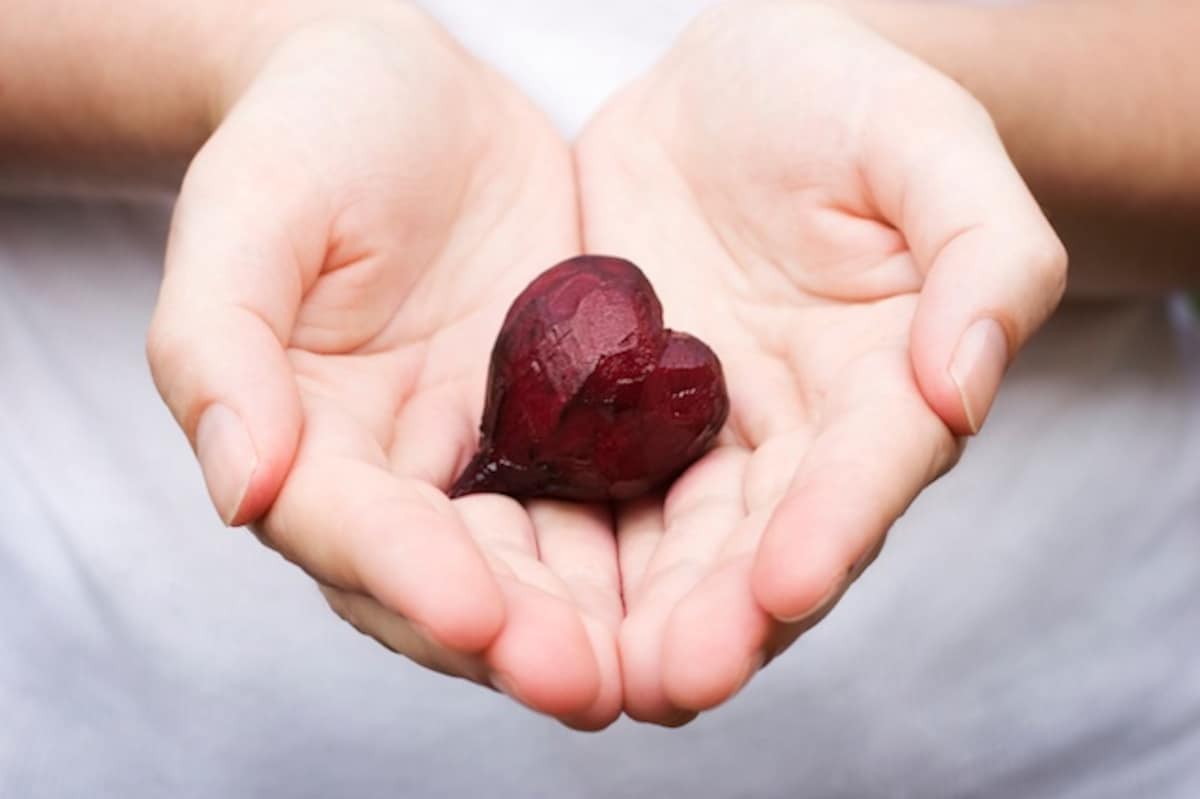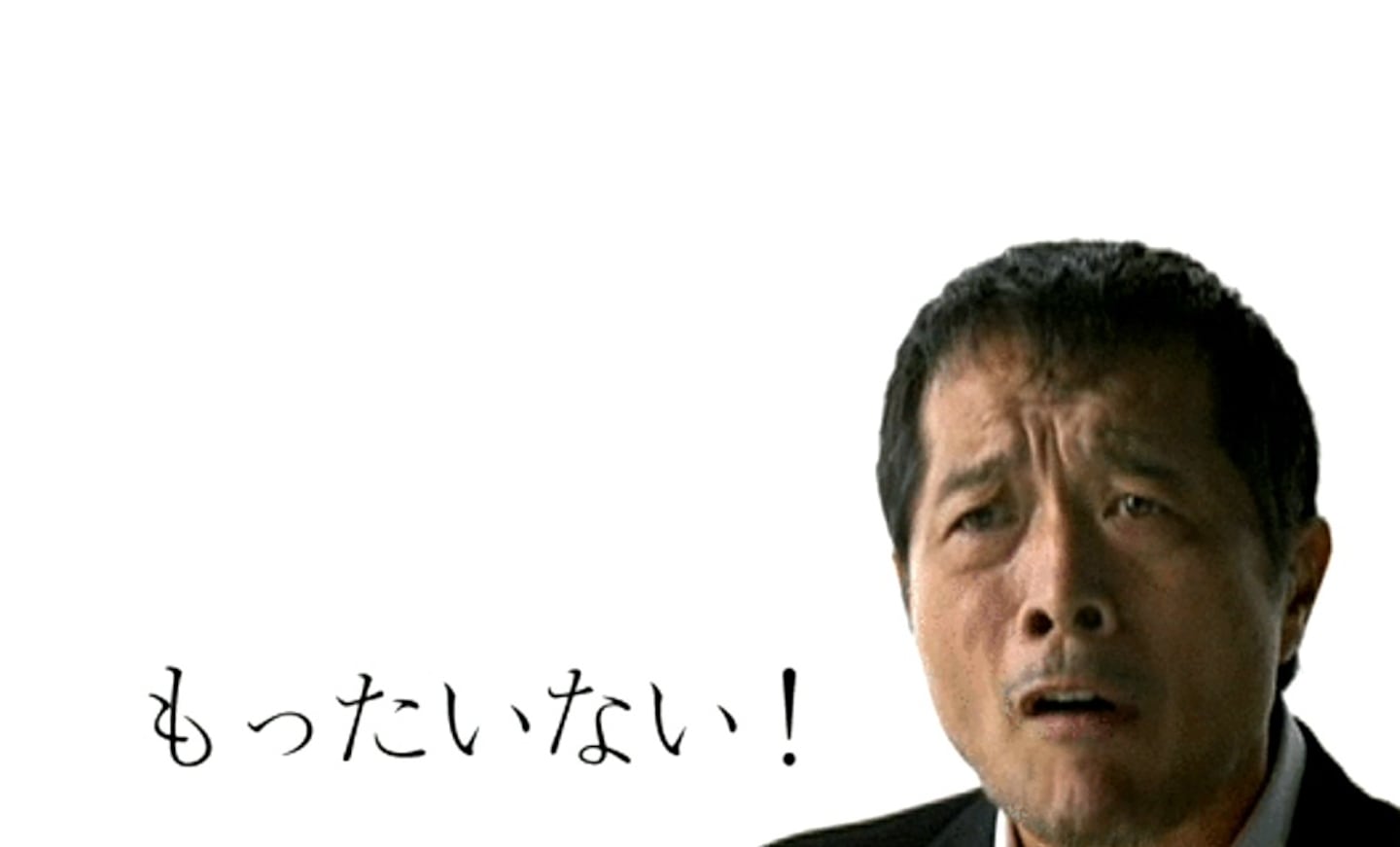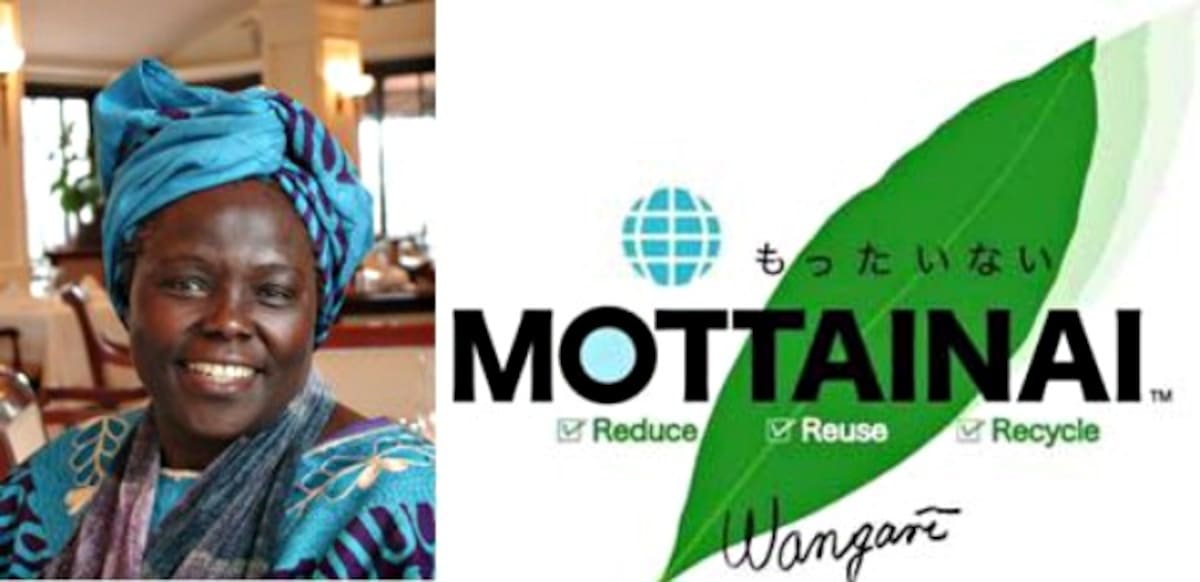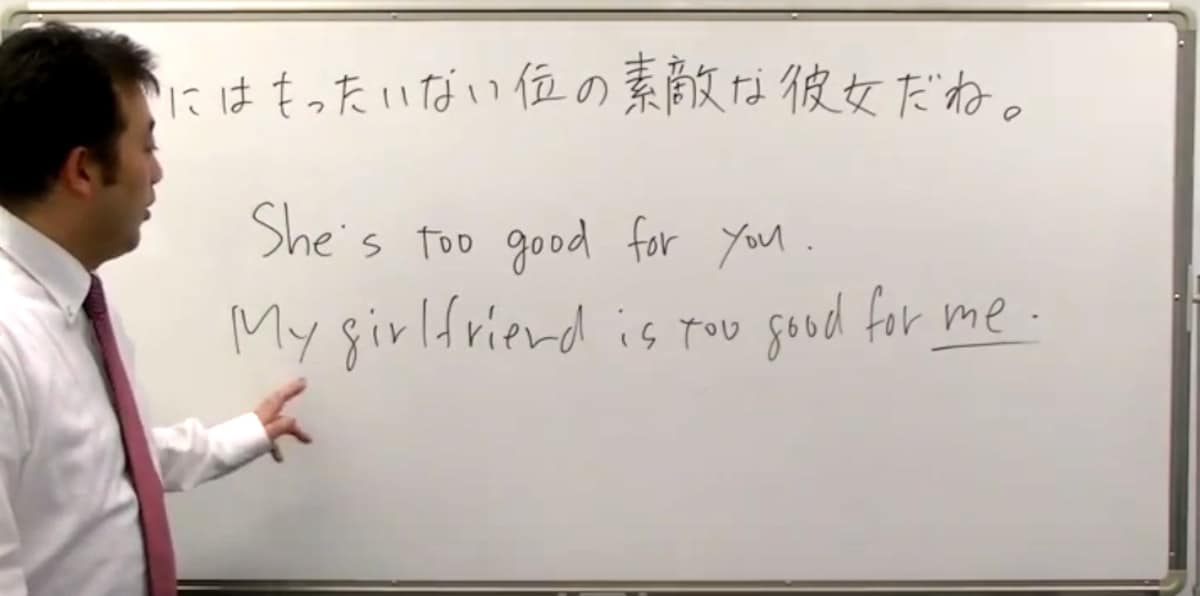The Many Meanings of 'Mottainai'
Mottainai (もったいない) is a word that can't be translated easily, but has colloquial equivalents such as the English expressions, "What a waste!" and "Waste not, want not." Without wasting time, let's dive deeper into the meaning of this widely used word.
By Wendell T. Harrison'It's Wasted on Me'

http://lifehacking.jp/2014/09/give-and-be-given/
Everyday usage of mottainai is directly tied to the Buddhist concept of regret over squandering or misusing material objects or other resources. But it's actually had various meanings over the years, stemming from the words mottai (勿体), which indicates an air of importance or sanctity, and nai (無い), meaning a lack of something.
An ancient Japanese meaning of the word conveys a feeling of gratitude combined with shame from receiving something—or a favor—from a superior that is far greater than one deserves. In essence, Bill and Ted's popular catchphrase, "We're not worthy!" comes to mind. This particular usage may be outdated, but it clearly conveys an ideal of humility that survives to this day.
’Don't Be Wasteful'
https://www.youtube.com/watch?v=vzmTHA8on5w&feature=youtu.be
Rice, the staple of Japan, is probably the quintessential example of the modern spirit of mottainai. Children are warned not to leave a single grain of rice in their bowls at the dinner table—such wastefulness is mottainai!
In fact, although the grain is the main part used for food, the rest of the rice plant is also used in various ways, as can be seen in the video above.
And mottainai doesn't just refer to food. Nanbu saki-ori, as seen in the video, is a traditional style of weaving created by residents in the southern part of Iwate Prefecture. They tear or cut apart used and worn fabrics and weave them into new clothes, furniture, accessories or other items along with strips of hemp or cotton. This eco-friendly practice not only creates beautiful new pieces of fabric, but ones with hints of nostalgia threaded in each unique pattern.
Now, if you've ever heard the word mottainai outside of Japan, chances are it's thanks to the influence of Kenyan environmentalist Wangari Maathai. Showing off a T-shirt imprinted with the word, she introduced the term at a United Nations session as a slogan for environmental protection. Thanks to her tireless advocacy of the effective use of limited resources—the spirit of mottainai—she was awarded the 2004 Nobel Peace Prize, making her the first African woman to win the prestigious prize.
If you click below, you can find a video below of her promoting the Green Belt Movement, which she founded in the 1970s in an effort to plant trees in Kenya while simultaneously training women in the areas of forestry, food processing and other sustainable and income-generating activities.
'What a Waste'
Finally, mottainai can also be used to describe another situation: when something or someone is too good for you. It's essentially another way to say, "What a waste!" Let's hope you never hear your partner say you're mottainai for them!






